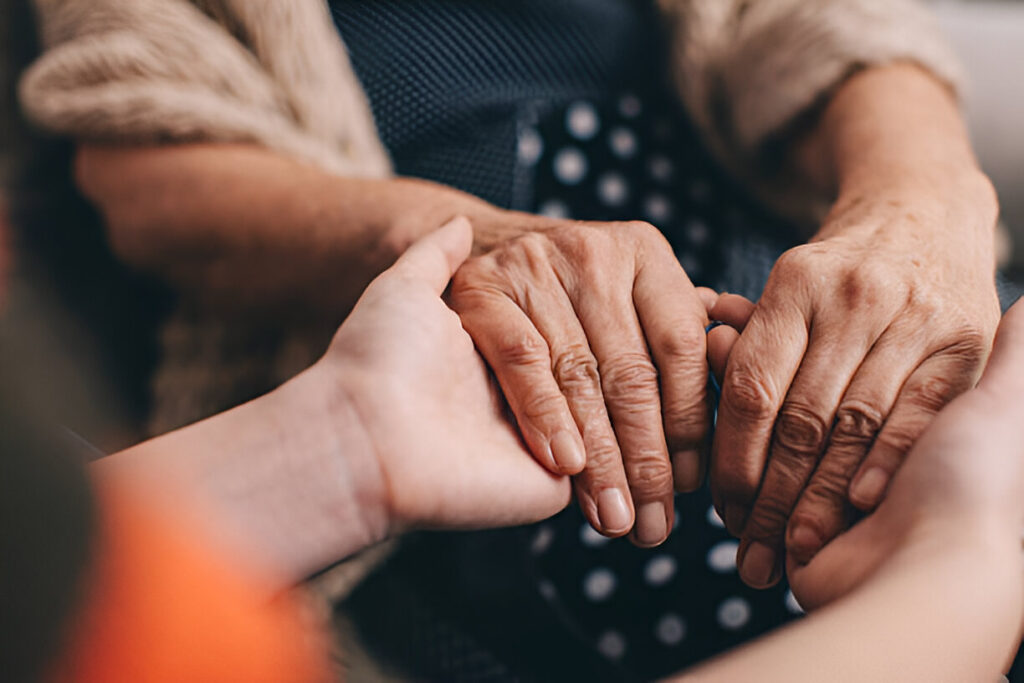When our parents or relatives age, we often find ourselves navigating a complex maze of emotions, responsibilities, and difficult decisions. The role reversal from being cared for to becoming the caregiver can be overwhelming, affecting both our emotional well-being and daily lives. While the instinct to personally care for our loved ones is natural, assisted living facilities may offer a solution that benefits both the elderly relative and their family caregivers.
The Hidden Toll of Family Caregiving
Family caregivers frequently experience a range of challenging emotions that can be difficult to process. Guilt often surfaces when work and personal responsibilities compete with caregiving duties. Anxiety becomes a constant companion as we worry about our loved one’s safety when we’re not present. The physical and emotional exhaustion of providing round-the-clock care can lead to burnout, affecting our own health and relationships.
Common emotional challenges faced by family caregivers include:
- Feeling overwhelmed by the constant need to balance work, family life, and caregiving responsibilities, leading to chronic stress and decreased quality of life
- Experiencing grief as we witness the decline of once-independent parents or relatives, while simultaneously trying to provide emotional support
- Struggling with guilt when considering alternative care options, even when we’re approaching our physical and emotional limits
The Impact on Family Dynamics
Caring for an elderly relative can drastically alter family relationships. Siblings may disagree about care decisions, leading to strained relationships. The primary caregiver might feel resentful toward family members who aren’t as involved. Meanwhile, the elderly relative may struggle with feelings of dependency and loss of autonomy, potentially affecting their relationship with their caregivers.
Why Assisted Living Provides a Balanced Solution
If you take a look, you’ll see that assisted living locations have evolved significantly, offering a middle ground between complete independence and full nursing care. These communities provide professional support while maintaining residents’ dignity and autonomy. They offer structured activities, social interaction, and medical supervision, addressing many concerns that burden family caregivers.
The Professional Support Advantage
In assisted living communities, trained staff handle the daily tasks that often overwhelm family caregivers. They manage medications, assist with personal care, and provide immediate response to emergencies. This professional support allows family members to step back from the exhausting role of primary caregiver and return to being simply daughters, sons, or relatives.
Preserving Quality Relationships
When the burden of physical care is lifted, family members can focus on maintaining meaningful relationships with their elderly relatives. Instead of visits revolving around medical needs and household tasks, time together can be spent sharing memories, enjoying activities, or simply being present with one another. This shift often leads to improved relationship quality and reduced stress for both parties.
The decision to consider assisted living isn’t about abandoning our responsibilities but finding a sustainable solution that benefits everyone involved. By acknowledging the emotional toll of family caregiving and exploring professional care options, we can ensure our elderly relatives receive the comprehensive care they need while preserving our own well-being and family relationships. Assisted living communities offer a viable path forward, allowing us to remain deeply involved in our loved ones’ lives while ensuring they receive professional, round-the-clock care. This transition, though emotionally challenging, often leads to improved quality of life for both the elderly relative and their family members.

